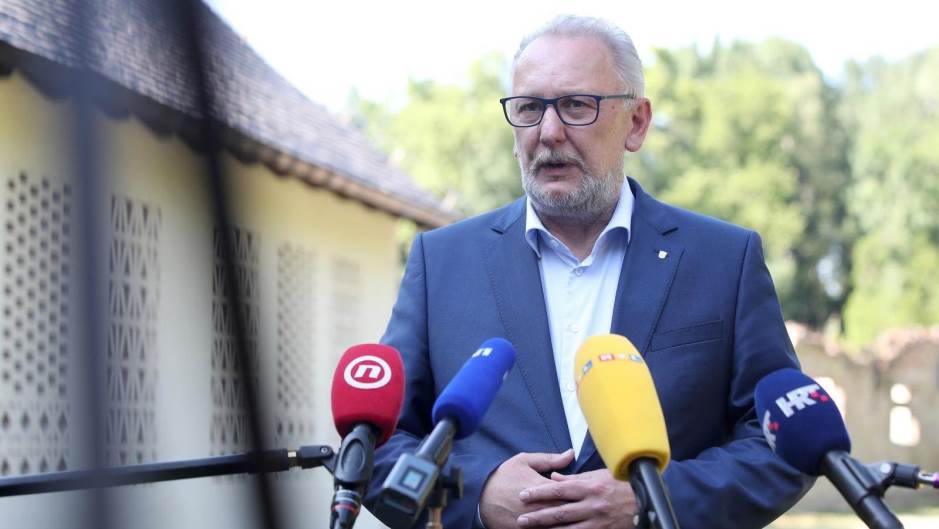Croatian Minister: List of 15 countries for open borders to include to Bosnia

EU member states will on Wednesday open their borders to 15 countries, including Serbia and Montenegro, while Croatia has added Bosnia and Herzegovina, Interior Minister Davor Bozinovic said on Tuesday, adding that there were fewer new cases of COVID-19 in Bosnia than in Serbia and the decision is in Croatia's economics interest.
Bozinovic assessed that this is not a political decision related to the coming election but that it is in the interest of the Croatian economy. He said that the final recommendation from Brussels is still pending.
"We do not expect any additional problems due to opening the border with Bosnia and Herzegovina because the import of infected people was far higher from Serbia than from Bosnia and Herzegovina," said Bozinovic. Twenty-five cases were imported from Serbia and only eight from Bosnia and Herzegovina, he said and added that authorities in Bosnia and Herzegovina, including epidemiologists, were taking the necessary steps.
"The thing that is important is that hotspots are under control in Croatia. It is not unexpected that the number of people infected will increase in some areas of Croatia, just as they are growing in other European countries. Given that the clinical picture is milder, the health services are not overloaded, I think that only one ventilator is currently in use," he said.
Bozinovic reiterated that at the moment decisions were being made in favour of economic activity, primarily tourism. He said that he has noticed that people are adhering more to the recommendations and that this is "a preparatory period for the autumn when more respiratory problems are usually prevalent."
Commenting on night clubs being the source of new infections in Croatia, he said that inspectors would be issuing warnings at first but then would impose sanctions for those breaching measures.
Kakvo je tvoje mišljenje o ovome?
Učestvuj u diskusiji ili pročitaj komentare





 Srbija
Srbija
 Hrvatska
Hrvatska
 Slovenija
Slovenija







